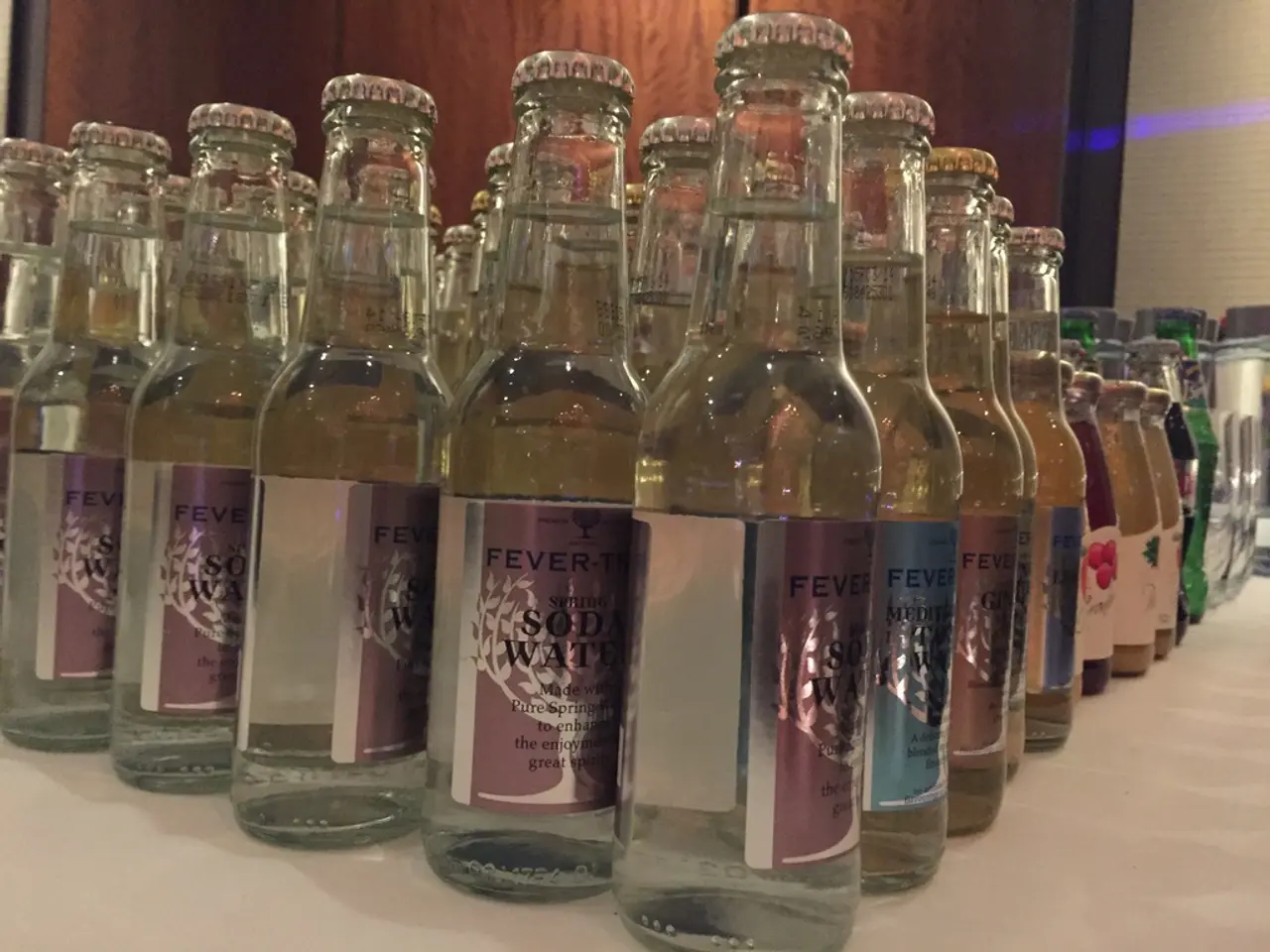Transforming Obstacles into Developmental Steps: A Practical Guide Featuring 8 Effective Methods
In the face of life's challenges, it's possible to transform adversity into a catalyst for personal growth. By adopting a growth mindset, facing fears directly, and practicing self-awareness, individuals can learn from difficulties rather than be hindered by them.
Adopt a Growth Mindset
Recognize the triggers of a fixed mindset, such as fear of failure or judgment. Challenge your inner fixed-mindset voice by reframing negative self-talk with growth-oriented thoughts. Take small, incremental actions to improve skills and habits rather than overwhelming yourself with drastic changes. Stay flexible and adapt your strategies if something isn't working, understanding that setbacks are part of the growth process.
Face Your Fears
Identify specific fears holding you back, such as public speaking or taking risks. Confront these fears by gradual exposure, like joining a public speaking group, or seeking mentorship to build confidence. View fear as an emotion to be acknowledged and accepted, which reduces its control over you.
Welcome and Learn from Adversity
Actively seek challenges as growth opportunities instead of avoiding them. Reframe failure as a natural and valuable part of learning; analyze setbacks to extract clear lessons. Seek feedback consistently and use it constructively to refine your approach and understanding.
Cultivate Self-Awareness
Regularly assess your strengths, weaknesses, and core values to understand areas for growth and where you can leverage your talents. Use self-awareness to set realistic goals, seek help strategically, and lead where your strengths lie.
Engage in Continuous Learning
Read regularly to expand knowledge and stimulate critical thinking. Learn new skills through courses, workshops, or self-study relevant to your personal or professional growth. Participate in coaching, mentorship, or feedback loops for ongoing development.
Regular reflection helps solidify learning by giving clear feedback about what worked and what didn't. Time your scenario practice in real-world conditions using a stopwatch to build faster decision-making skills under realistic pressure. Overcoming hardship triggers changes in brain patterns and behavior, improving emotional regulation, boosting problem-solving skills, and fostering resilience.
Identifying the core challenge helps eliminate guesswork, making solutions clearer and more effective. Up to 89% of individuals report positive psychological changes after adversity. Facing tough experiences isn't just a struggle, it's a catalyst for growth.
Strong personal and professional support systems help buffer stress and provide guidance when situations feel overwhelming. Document small wins weekly using photos, notes, or voice memos to visualize progress and boost long-term motivation. Embracing uncertainty helps develop emotional flexibility, which is crucial for long-term personal growth.
Balancing resilience and rest is essential when facing continuous challenges. Schedule regular downtime alongside growth efforts to prevent mental fatigue. Growth rarely looks perfect, and acknowledging small, imperfect victories keeps momentum alive. Staying consistent is what keeps small wins stacking into big changes. Challenges are not obstacles, they're structured opportunities for personal development. Turning challenges into growth opportunities doesn't happen by luck—it's the result of clear steps, deliberate actions, and a consistent mindset.
Approximately 43% of trauma survivors experience positive life changes such as improved relationships or clearer priorities after hardship. By integrating these practical steps—shifting mindset, embracing fears and failure, self-reflecting, and committing to learning—individuals effectively transform challenges into stepping stones for personal growth.
Science can aid personal growth by studying the effects of growth mindset, facing fears, welcoming adversity, cultivating self-awareness, and engaging in continuous learning on mental health and overall health-and-wellness. Education-and-self-development resources can provide strategies and techniques to optimize these processes, promoting emotional health, boosting resilience, and fostering long-term personal-growth.



